Addressing the Iraqi Army communications troops gathered before him, the instructor hammered home how key their role is to operations.
"Your reports are a big factor to conducting operations," said U.S. Marine Sgt. Michael E. Mullins, 14th Division Military Transition Team "The information that you provide is essential to getting help to a wounded Soldier or getting support to troops under attack, so it's vital that those reports be precise."
Over the past few weeks, Marines with the 14th Div. MiTT and Soldiers from 256th Signal Company, 17th Fires Brigade have begun training troops from Signal Co., 14th Iraqi Army Division, at Camp Wessam on radio communications functions and procedures.
"These IA soldiers are already familiar with the communications procedures," Mullins said. "Our job was to ensure that each and every soldier in the company uses the same standardized procedure, guaranteeing accurate, efficient and elaborate reports."
The month-long course was broken down into concentrated training cycles designed to teach the Iraqi troops the standard operating procedures of signal communication.
Two classroom sessions were held each week, each of which was followed immediately by a hands-on exercise designed to familiarize the Iraqi troops with the new communication techniques.
The Iraqi soldiers conducted patrols around the base, responding to training scenarios designed to test their knowledge and application of lessons.
"Practice makes perfect," Mullins said. "Our aim was to engrave these techniques into their daily routine and hone their skills at generating effective communications reports."
"One of the main things we noticed when we began training them, was the fact that each of the IA soldiers reported differently over the radio," he said.
The classroom sessions addressed the lack of efficiency as each soldier rehearsed the reporting procedures before the actual exercise.
"This training will significantly improve the productivity of our operations," said Lt. Akrim Ali, executive officer, Signal Co., 14th IA Div.. "Already we have begun to notice how much more efficient our soldiers' reports have become."
Each week, the U.S. Soldiers and Marines posed a new challenge to the Iraqi signal troops.
Spc. Brandon R. Garmon, 256th Signal Co., 17th FiB, instructed a radio, telephone operator course, which focused specifically on medical evacuation procedures.
"The most difficult part in training the Iraqis on MEDEVAC procedures was correlating the classroom training to the actual hands-on exercise," Garmon said. "It was hard to gauge whether they fully understood the concepts I was explaining in the classroom, but once we got out to the field they regurgitated my instructions perfectly."
The following week, Mullins teamed-up with another 256th Signal Co. Soldier, Cpl. Heath N.
Kennedy, and the two took the MEDEVAC training to the next level.
"Each course is designed to build off of the previous training," Kennedy said. "So my class focused on enhancing their attention to detail while calling up a report of a significant act. By giving a detailed report of the area, the people around and what happened, it all adds to a complete situational report."
As the country prepares for the March 7 national elections, an integral milestone in the new dawn of Iraq, the Iraqi Army will play a significant role in ensuring the safety of the Basrah people as they vote.
Yet, the training the Iraqi Army is doing highlights its transition from civil capacity work to more of a traditional military role and focuses on their new, more concentrated scope of responsibility.
"This training was not conducted specifically for the elections, however it will definitely impact our operations during the elections as well as our future operations," said Maj. Abdullah Farhan, plans officer, Signal Co., 14th IA Div.
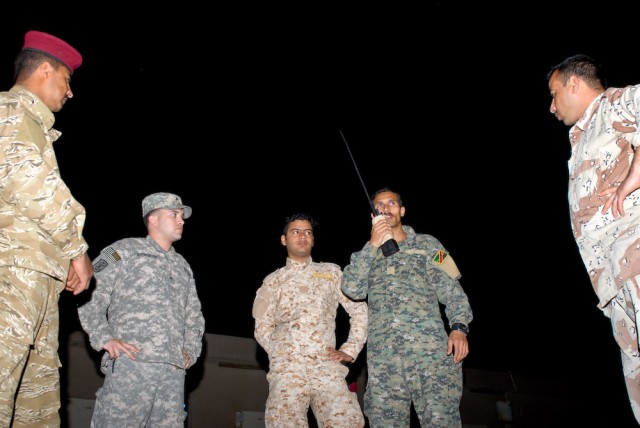
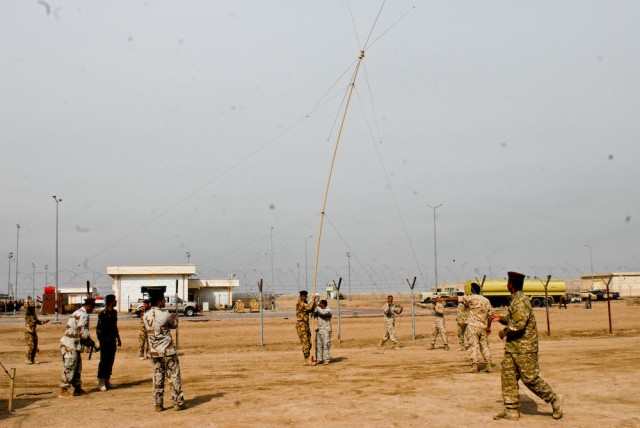
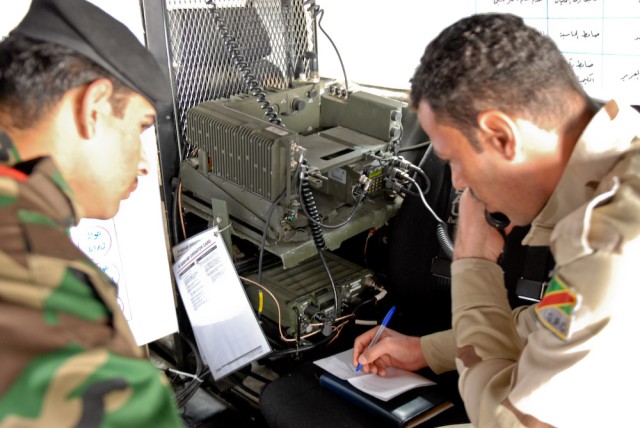
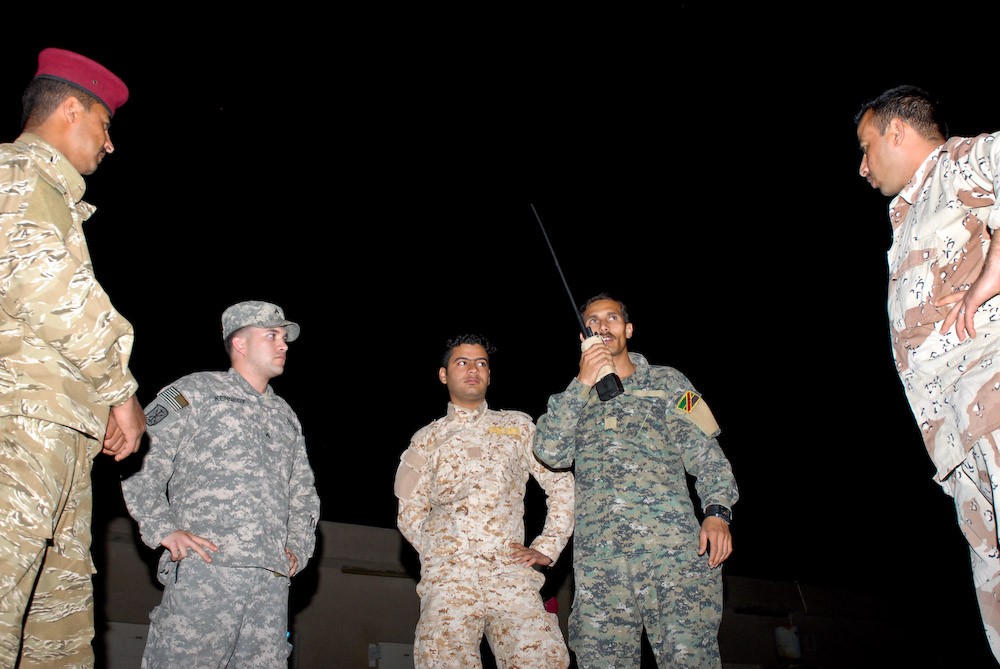
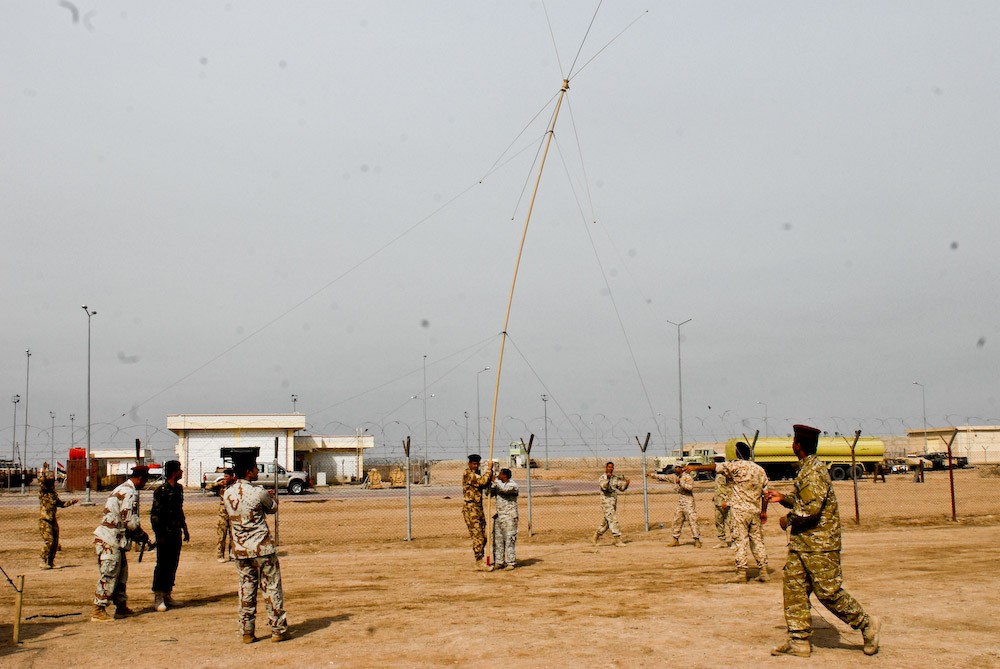
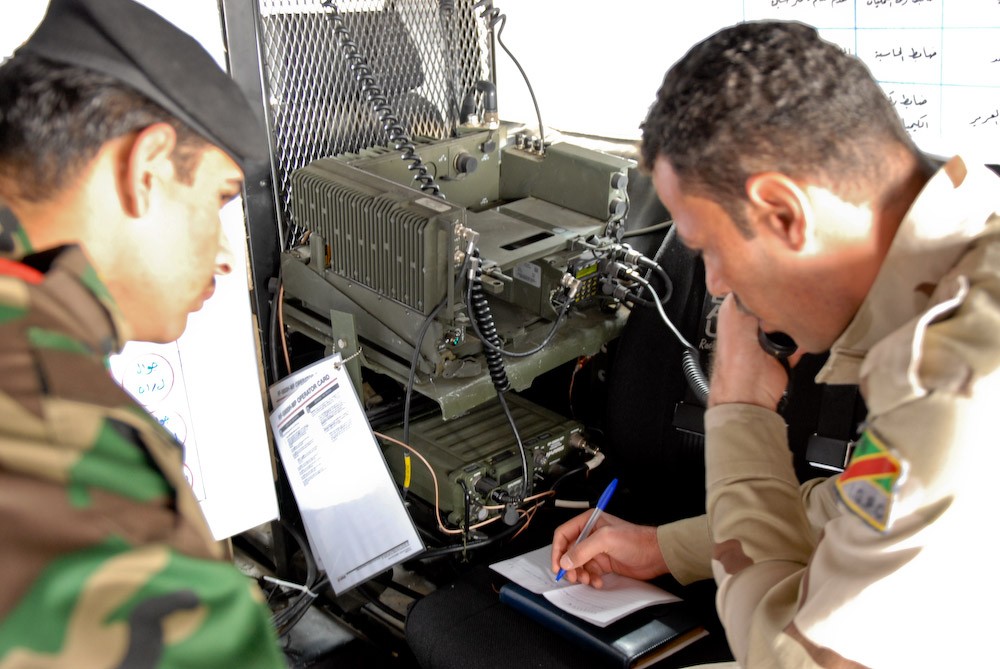
Social Sharing